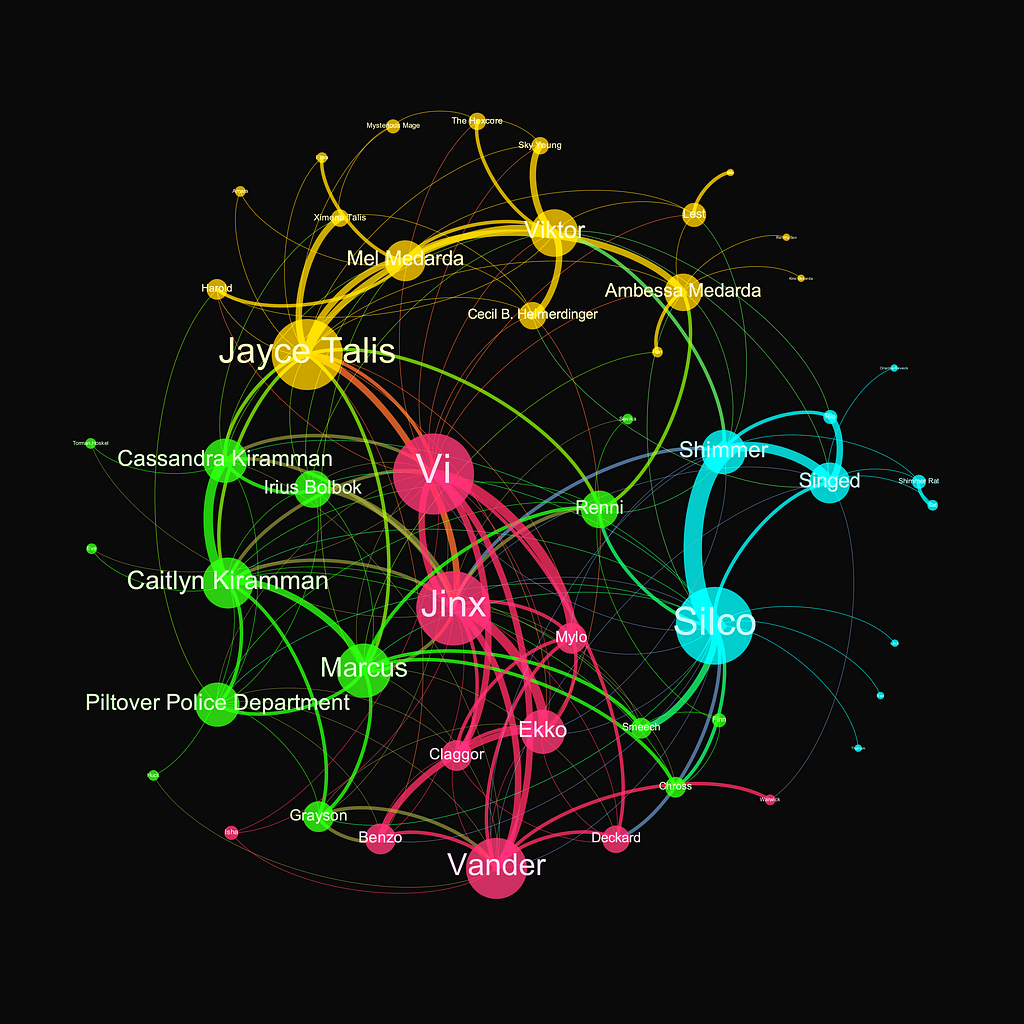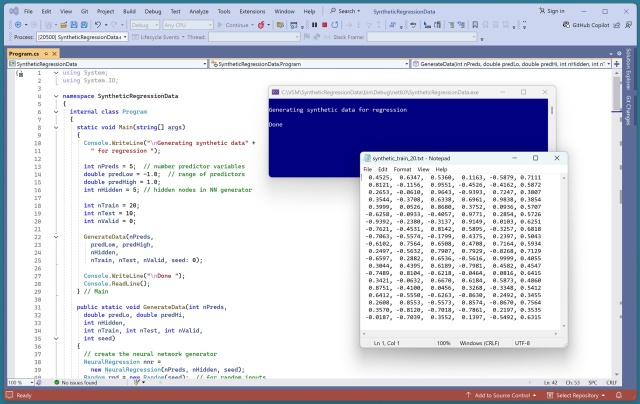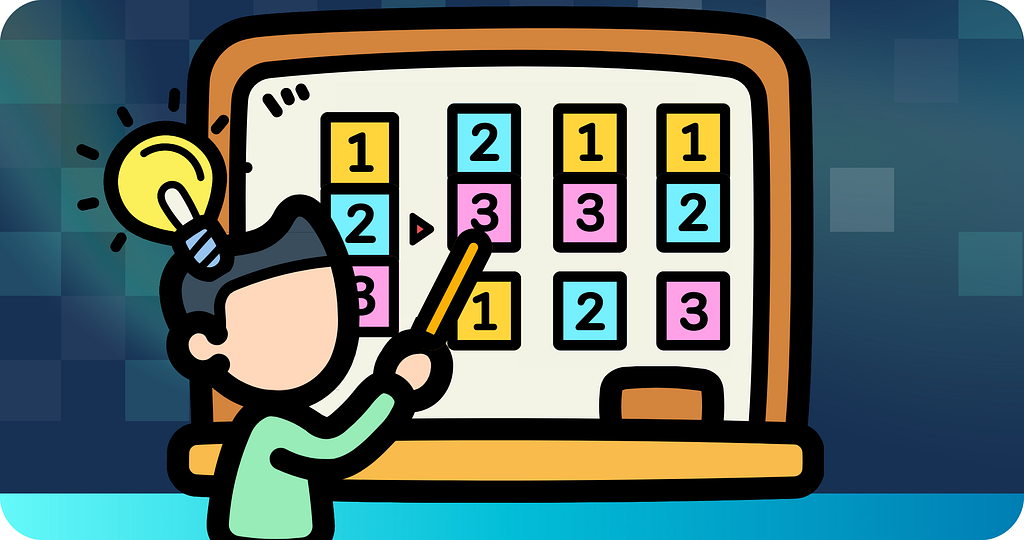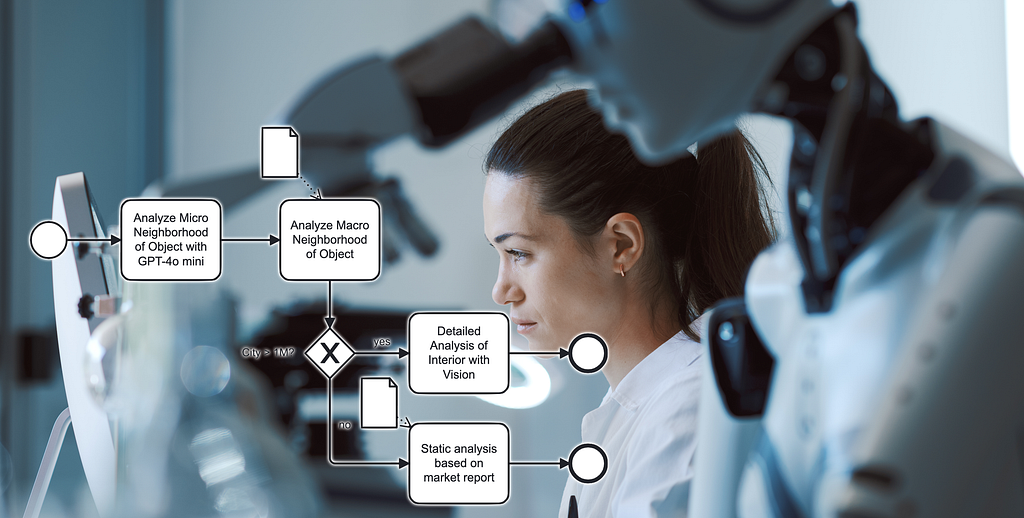Learn how to use network science and Python to map out the connections between characters in the popular show Arcane from League of Legends universe on Netflix. By scraping character data and visualizing the network, you can apply these skills to any complex system beyond just the Arcane series.
Generate synthetic data for machine learning regression using a neural network with specified parameters. Simplify complex data generation with a customizable function in C#.
Amazon SageMaker Fast Model Loader reduces LLM deployment time by 15x by streaming model weights from Amazon S3. This innovation transforms LLM deployment, offering faster loading times for more efficient AI applications.
AI agents are dynamic entities revolutionizing network deployment, configuration, and monitoring in 2024. They adapt, reason, and act autonomously, enhancing decision-making and real-time responsiveness.
Chronos-Bolt in AutoGluon-TimeSeries offers faster zero-shot forecasting than traditional models, outperforming statistical and deep learning baselines. Based on T5 architecture, it's 250x faster and 20x more memory-efficient than original Chronos models, delivering accurate predictions.
Cohere releases Rerank 3.5 via Rerank API on Amazon Bedrock, enhancing search relevance and content ranking capabilities for AWS customers. Reranking technology improves search results by analyzing semantic meaning, user intent, and business rules, benefiting ecommerce platforms and global organizations across various sectors.
Concerns grow over environmental impacts of Large Language Models (LLMs). Example: Llama 3.1 405B by Meta requires massive resources, emits tons of CO2. OpenAI faces financial strain with inference costs nearly matching total revenue.
Validate machine learning models with 12 methods. Choose the right one to ensure accurate predictions using existing data.
Marietje Schaake discusses the unprecedented power of big tech in her new book. She highlights how tech companies' influence spans across various sectors, unlike previous monopolies.
Developers at re:Invent 2024 face unique challenges of physical AWS DeepRacer racing. Transition from virtual to physical racing poses a significant challenge due to differences in environments and car capabilities.
ChatGPT surpasses scientists, raising concerns about AI's future. Drew Breunig categorizes AI into gods, interns, and cogs, highlighting potential existential threats.
DER SPIEGEL enhances news recommendations using Large Language Models (LLMs) for accurate predictions. Results show LLMs achieve 56% Precision@5, outperforming random recommendations.
MIT Associate Professor Catherine D’Ignazio applies data to social issues, empowering citizens with data-driven arguments. Her work on feminicide led to innovative AI tools and a book, "Counting Feminicide," raising awareness globally.
Major news organizations in Canada are suing OpenAI for allegedly using their articles to train ChatGPT without permission. The lawsuit seeks punitive damages and a share of profits, demanding an injunction against future use of the articles.
Start with the problem, not the solution. Avoid forcing chatbot solutions onto problems, focus on business processes first.















